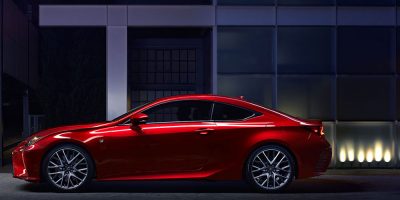Very disappointed to read 0-62 km/hr of 7.5 secs for the RC200t in the Toyota report, when the quoted brochure km/hr for the NX 200t is 7.1 secs. What have they done with the mediocre 7hp increase for the RC 200t to make it 0.4 sec slower to 62 km/hr?
Transmission gearing can make a difference, but even in vehicles with similar engines and transmissions, a number of other factors can also cause different acceleration times....final-drive gearing, tire size/rolling resistance, vehicle weight, type of road surface, altitude, etc... One big factor is air temperature/humidity conditions. In general, the warmer and more humid the air, and/or the higher the elevation, the more power it takes out of auto engines. Turbos and superchargers, by compressing the outside air, delay the power loss somewhat as you climb in altitude, but eventually they are affected, too. So, while I don't want to sound indecisive LOL....any number of those factors, if applicable, could explain part or all of the difference between the two.



